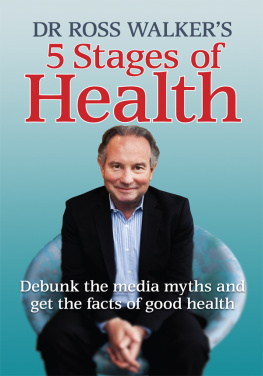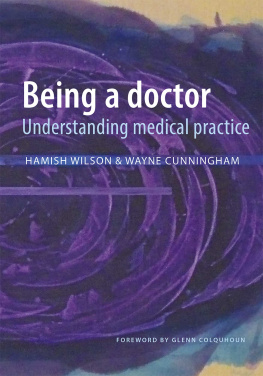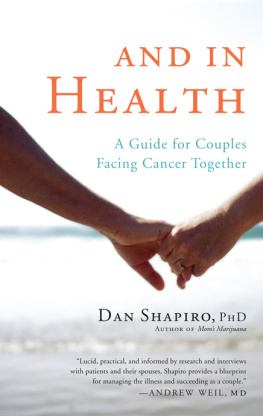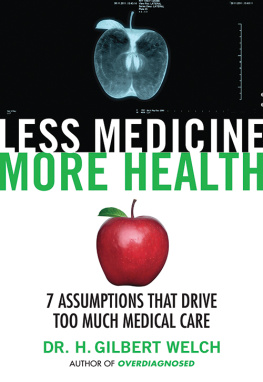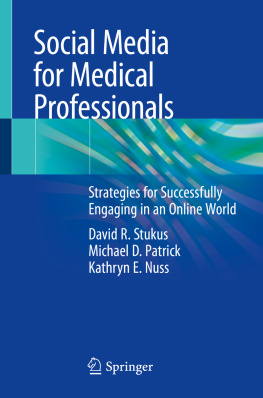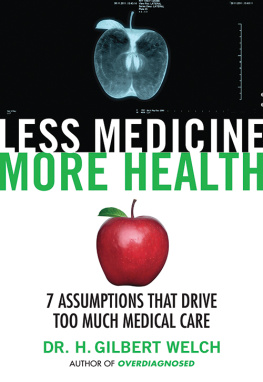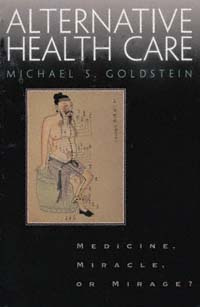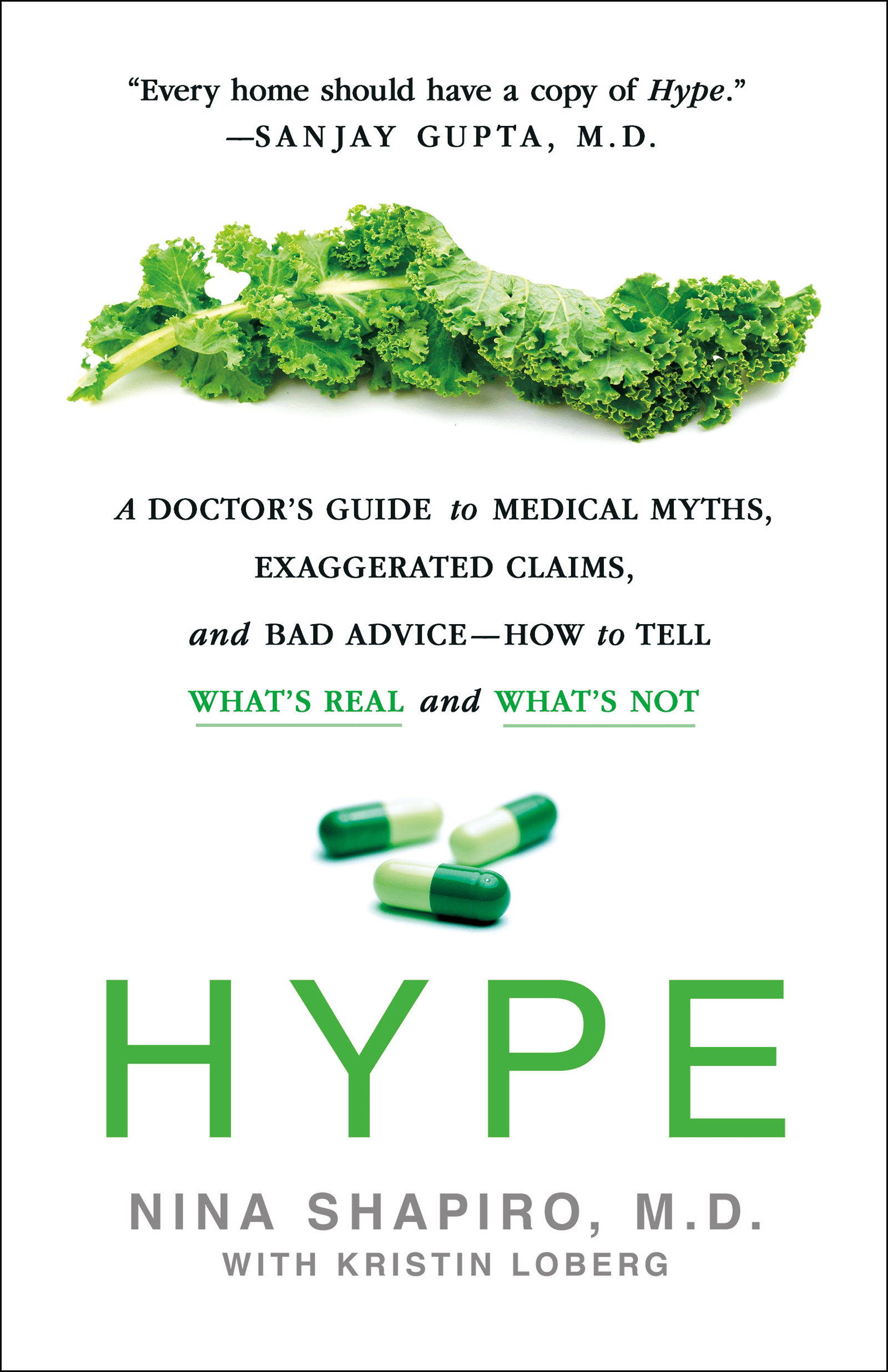Nina Shapiro MD - Hype: A Doctor’s Guide to Medical Myths, Exaggerated Claims, and Bad Advice - How to Tell What’s Real and What’s Not
Here you can read online Nina Shapiro MD - Hype: A Doctor’s Guide to Medical Myths, Exaggerated Claims, and Bad Advice - How to Tell What’s Real and What’s Not full text of the book (entire story) in english for free. Download pdf and epub, get meaning, cover and reviews about this ebook. year: 2018, publisher: St. Martin’s Press, genre: Romance novel. Description of the work, (preface) as well as reviews are available. Best literature library LitArk.com created for fans of good reading and offers a wide selection of genres:
Romance novel
Science fiction
Adventure
Detective
Science
History
Home and family
Prose
Art
Politics
Computer
Non-fiction
Religion
Business
Children
Humor
Choose a favorite category and find really read worthwhile books. Enjoy immersion in the world of imagination, feel the emotions of the characters or learn something new for yourself, make an fascinating discovery.

- Book:Hype: A Doctor’s Guide to Medical Myths, Exaggerated Claims, and Bad Advice - How to Tell What’s Real and What’s Not
- Author:
- Publisher:St. Martin’s Press
- Genre:
- Year:2018
- Rating:3 / 5
- Favourites:Add to favourites
- Your mark:
Hype: A Doctor’s Guide to Medical Myths, Exaggerated Claims, and Bad Advice - How to Tell What’s Real and What’s Not: summary, description and annotation
We offer to read an annotation, description, summary or preface (depends on what the author of the book "Hype: A Doctor’s Guide to Medical Myths, Exaggerated Claims, and Bad Advice - How to Tell What’s Real and What’s Not" wrote himself). If you haven't found the necessary information about the book — write in the comments, we will try to find it.
An engaging and informative look at the real science behind our most common beliefs and assumptions in the health sphere
There is a lot of misinformation thrown around these days, especially online. Headlines tell us to do this, not that---all in the name of living longer, better, thinner, younger. In Hype, Dr. Nina Shapiro distinguishes between the falsehoods and the evidence-backed truth. In her work at Harvard and UCLA, with more than twenty years of experience in both clinical and academic medicine, she helps patients make important health decisions everyday. Shes bringing those lessons to life here with a blend of science and personal stories to discuss her dramatic new definition of a healthy life.
Hype covers everything from exercise to supplements, diets to detoxes, alternative medicine to vaccines, and medical testing to media coverage. Shapiro tackles popular misconceptions such as toxic sugar and the importance of drinking eight glasses of water a day. She provides simple solutions anyone can implement, such as worrying less about buying products labeled organic or natural, and more about skipping vaccines, buying into weight-loss fads, and thinking you can treat cancer through diet alone. This book is as much for single individuals in the prime of their lives as it is for parents with young children and the elderly.
Hype provides answers to many of our most pressing questions, such as:
*Are online doctor ratings valuable and what conditions can you diagnose online?
*Whats the link between snoring and ADHD?
*What does Doctor Recommended and Clinically Proven mean?
*Do superfoods really exist?
*Which vitamins can increase your risk for cancer?
*Do vaccines introduce toxins into the body?
*Whats the best antiaging trick of the day thats not hype?
*Can logging ten thousand steps a day really have an impact on your health?
Never has there been a greater need for this reassuring and scientifically backed reality check.
Nina Shapiro MD: author's other books
Who wrote Hype: A Doctor’s Guide to Medical Myths, Exaggerated Claims, and Bad Advice - How to Tell What’s Real and What’s Not? Find out the surname, the name of the author of the book and a list of all author's works by series.

